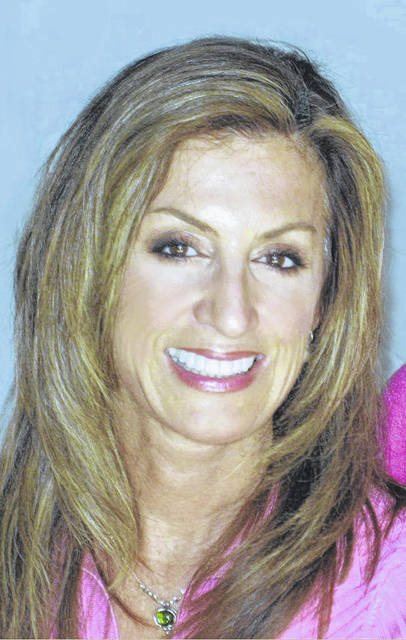Q. My grandmother died eight months ago after a very long illness. She was the rock of our family, and my grandfather was her caregiver. She’s been gone eight months, now. My grandfather has recently started to date a woman he appears to enjoy, but I’m having a hard time with it. I am 22 years old, and I know I should be more accepting, but this is hard. He’s moved on so quickly, and I don’t want another grandmother. What’s good ex-etiquette?
A. It’s not uncommon for people who have lost a loved one to worry that accepting someone new betrays the deceased relative’s memory. But it’s important to remember that accepting someone new into the family doesn’t betray a memory if you keep the two relationships separate in your mind — not comparing them but accepting both as individuals. Now you are free to mourn one while befriending the other. It’s never either/or in bonus families. It’s also.
Something to also remember: Everyone approaches grief differently. Eight months may seem like a very short time to mourn. However, people who act as caregivers often mourn their loved one’s passing while their loved one is ill. They know how the illness will impact their life. They know their loved one will not be with them, and their future has changed. What seems to be a short mourning period to the observer may have actually gone on for years. This may explain why your grandfather can move on so quickly. To you it seems like merely months. To him, it’s a lifetime.
In my work with couples who have lost a partner to illness, you may find comfort in how most are not looking to replace their partner after their death from a long illness. They are looking for companionship and a diversion from their sorrow. A new friend can be just what the doctor ordered. And many new partners have also lost a loved one and are sensitive to the ins and outs of forming this kind of friendship. Don’t be so certain that your grandfather’s friend wants to replace your grandmother. She may want a companion just like grandpa, one who respects the past, but offers a future of companionship and caring. No one will ever take your grandmother’s place.
Finally, to those who join a family after a loved one’s passing, adult children can be very dedicated to a deceased loved one and be skeptical of your intentions. Don’t be too aggressive by acting as if you are taking the relative’s place. If you want to be accepted, be yourself, lead with love and an open heart, and never say a harsh word about the one who has passed. That’s good ex-etiquette.
Dr. Jann Blackstone is the author of “Ex-etiquette for Parents: Good Behavior After Divorce or Separation,” and the founder of Bonus Families, www.bonusfamilies.com.







